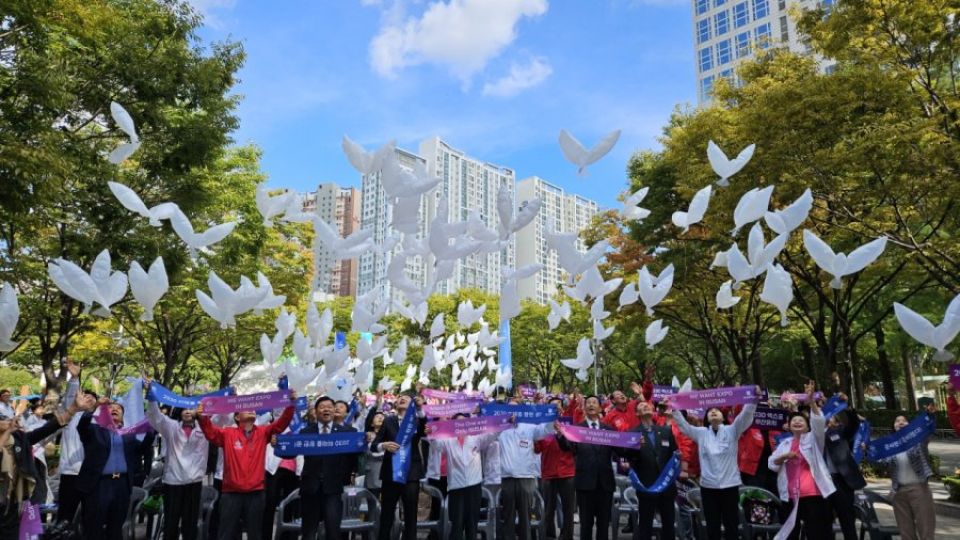October 13, 2023
SEOUL – Busan is hoping to use the momentum of the 2030 World Expo to become a key cultural hub in the region, touting many of its major cultural attractions.
Busan has made steady efforts to develop the city’s cultural appeal, moving away from the past when it focused more on the development of the logistics and shipbuilding industry.
The city is one of Korea’s most popular tourist destinations, attracting throngs of visitors with its beaches, skyscrapers and traditional markets.
It also hosts several international events, with many revolving around the world of film and entertainment. Recently, the city hosted the 28th Busan International Film Festival, the largest non-competitive film festival in Asia, as well as the Busan International Comedy Festival, Asia’s first and largest international comedy festival, and the first International OTT Festival on Oct. 8.
Busan was selected as a member of the UNESCO Creative Cities Network in 2014 for its dedication to the film industry, and holds a number of major K-pop events, including the upcoming Busan One Asia Festival in October and the Circle Chart Music Awards, which is set to take place next year.
The city hopes that hosting the 2030 World Expo will be a turning point, allowing it to accelerate its cultural journey, just as the expo helped to transform Paris.
Paris hosted the World Expo six times in 1855, 1867, 1878, 1889, 1900, and 1937, and each time, new cultural facilities were established and the city underwent important renovations. For example, the expos held after periods of upheaval, including the Franco-Prussian War and World War I, served as an opportunity to rebuild the city’s cultural facilities.
Many representative tourist attractions and artistic assets of Paris, including the Eiffel Tower, the Grand Palais, and the Orsay Museum, were built in preparation for the World Expo and have since become pillars of the country’s culture and art scene for over 100 years.
Milan, which held the World Expo in 2015, is another city that still enjoys venues that were built in the run up to the World Expo. For example, the Fiera Milano is still used as a center for global MICE events.
Busan is already equipped with several cultural and artistic facilities, including the Busan Museum of Contemporary Art, the National Maritime Museum of Korea, the Busan Museum of Movies, and the Goeun Museum of Photography. The facilities that will be built for the expo across the city, including new museums and art galleries, will provide diverse programs for visitors to enjoy themselves both during and after the expo.
New buildings and venues for the Busan Expo will also serve as a cultural magnet, bringing visitors and events to the city. The Busan Opera House under construction in North Port and Lotte Tower — which will be the third tallest skyscraper in the country at 67 stories tall — are both expected to become landmarks of Busan. Among the venues to be built in North Port, Expo Hall and the Korean Pavilion will remain after the expo and will be used as facilities to host large events.


